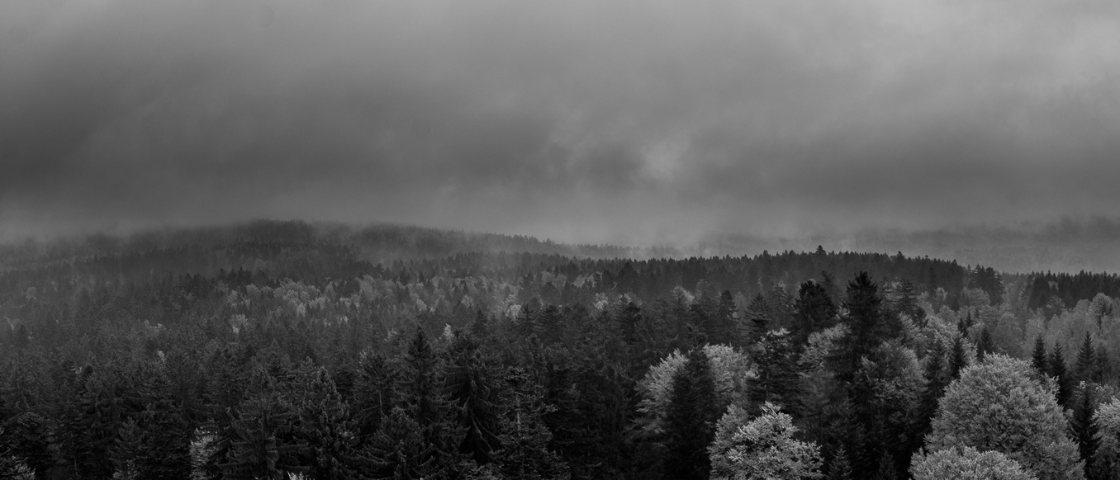3 Terrible Ways Winter Can Kill You
Why do so many people die in the winter? Mortality is highest in the cold months; funeral directors in areas where the weather gets cold frequently corroborate that business numbers see a corresponding uptick as temps fall. What’s behind it? Lethal levels of snow-hatred? Hypothermia? Severe aversion to the holidays?
Polar vortices that could suck all heat out of hell itself do a lot of us in, and it’s easy to see how. But freak frigidity and catastrophic emotional responses to the holidays aren’t necessary to bring about the spike in death numbers for which winter has become notorious.
Your Death of Cold
The real problem is the simple lowering temperature, which visits real havoc upon the warm-blooded, far beyond discomfort:
- Colder air decreases your body’s biological immunity by up to FIFTY percent for a drop in temperature of only 5 degrees
- Low temperatures also result in blood vessel constriction (an effect like the buildup of plaque in the arteries, which also restricts blood flow), making the heart work harder
- Cold actually disrupts blood’s chemical composition, causing it to thicken – further stressing the cardiovascular system
In fact, circulatory and respiratory diseases comprise about half of all deaths and peak in winter. And the number one culprit? The downright common upper respiratory infection, which may or may not be deadly on its own, depending on the health of whomever catches it.
This has always been true — winter months seem to bear an abundance of regular viruses which, while harmless enough to most people, result in thousands of deaths for the infirm, usually children and the elderly, or those with compromised health and/or immune systems.
Why such viral abundance? Because viruses simply spread more easily in cold temperatures, due to a combination of factors including dry air, which aids transmission (fewer water molecules in the air to intercept airborne virus).
And all of this, by the way, is separate from the considerations of COVID, which introduces unique considerations all its own; being a virus, however — all other things being equal — standard viral behaviorisms still apply.
As Bad as You Are
One of the principal factors of winter’s higher death count is how cold weather’s wicked ways exacerbates pre-existing health conditions. Someone whose health is compromised to begin with may experience an intensification of symptoms that leads to their swift deterioration overall.
Depending on the nature of the problem, the severity of the winter, and other factors, general well-being (or lack thereof) is one area where the cold just adds to a problem that already exists. And that’s without introducing new infections or contracting additional illness (well-understood vulnerabilities exist for those with COPD and asthma, for example).
And don’t forget the elephant in the room: exposure, hypothermia, and frostbite can all cause death where people may be especially susceptible to the cold in places unaccustomed to extreme drops in temperature. We saw this is spades last year during a single freak Texas storm where people froze to death in their homes/beds/recliners when the power went out and stayed out for days during February temperatures in the low teens.
But What of Misery?
Sadly, turns out that it’s urban legend, or an old wives’ tale, or folk wisdom or something, rather than reality, that’s behind Old Man Winter’s reputation as a sort of villain of seasonal psychological warfare. There’s no real evidence that suicides increase around the holidays, or that just dropping dead one December/January /February evening in the spreading twilight because winter sucks is a thing.
But you know what? That’s a win.




